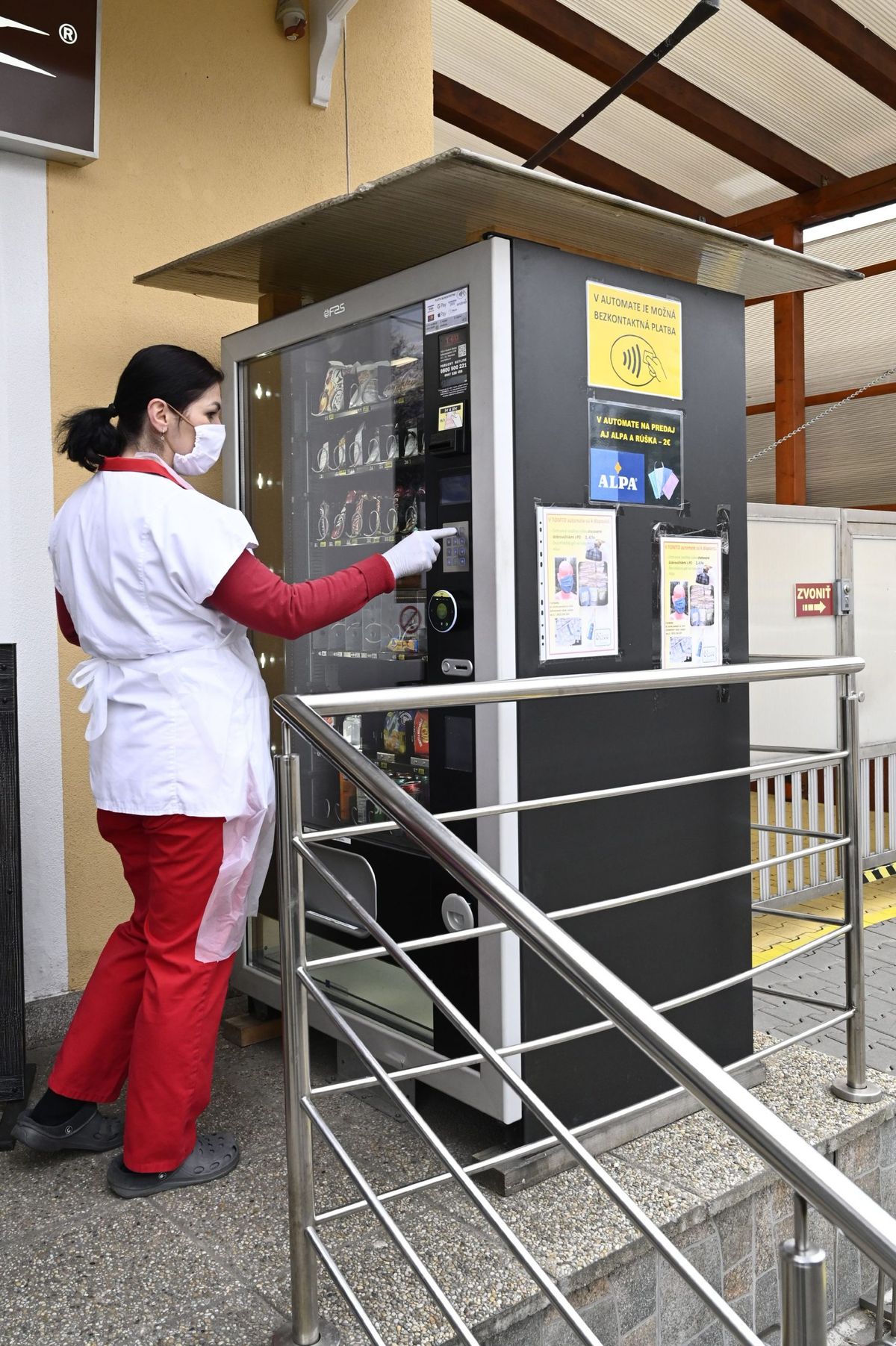COVID-automaton and New Lockdown Rules Enter into Force in Slovakia

Bratislava, February 8 (TASR) – New lockdown rules have entered into force in Slovakia as of Monday, as the country is now being governed by a COVID-automaton that entails automatic measures depending on the current situation.
A negative test for coronavirus no older than seven days is required for people who want to be exempt from the curfew. Also exempt are people with certificates proving that they’ve recovered from COVID-19 within the past three months, those given a second dose of the vaccine at least 14 days before and people whose state of health doesn’t allow them to take a test.
Children attending nursery schools and the first five grades of primary schools, those attending special schools and school facilities don’t need a test, but at least one of their legal representatives living in a single household needs to have one.
Employers and entrepreneurs in districts with the most severe, fourth- and third-degree alerts, and who can’t work from home, will have to possess a negative-test certificate no older than seven days as of this coming Wednesday. In districts with a second-degree alert, it will be enough to have a negative test no older than 14 days as of February 15. Meanwhile, those living in districts with the least-severe, first-degree alert, can get by with a negative test no older than 21 days.
A negative test for coronavirus is necessary to receive an exemption from the curfew for the following activities:
– going to work for teachers and school staff
– going to dry cleaners, opticians, banks, insurance companies, libraries, bicycle services, car services, post offices, gardening shops, shoe repair and telecommunications service facilities
– attending mass events permitted by the Public Health Authority
– going to the collection points of e-shops and other shops
– travel to abroad and back
– for pupils as of the sixth grade of primary school for going to school, as well as for people accompanying them
– going to see a public authority for purposes that cannot be carried out by means of distance communication
– going to job interviews
– going to collection yards (waste metal, paper, etc.)
– going to the countryside and exercising beyond one’s district of residence. For this purpose, people younger than 15 and older than 65, the seriously disabled in wheelchairs and the mentally ill are exempt.
It won’t be necessary to have a test for:
– buying essentials in the nearest shop
– seeing a doctor or going to a pharmacy
– getting tested for coronavirus or getting vaccinated
– attending a funeral of a close person, wedding ceremony or baptism
– caring for a close person who is dependent on such care
– walking a pet within the radius of one kilometre of one’s residence, caring for farm animals and going to see a vet
– taking an infant to a facility for children younger than three years
– parents and children living in different households going to see each other
– going for a walk outside within one kilometre of one’s residence for people older than 65, the seriously disabled in wheelchairs, the mentally ill and those whose health condition doesn’t allow taking a test for coronavirus. This walk can be performed independently or in the company of a person living in the same household
– testifying to the law-enforcement authorities and courts
– taking a child younger than six years for a walk within the radius of one kilometre of one’s residence
– going to the countryside within one’s own residential district, in the case of Bratislava and Kosice within the cities in question.



